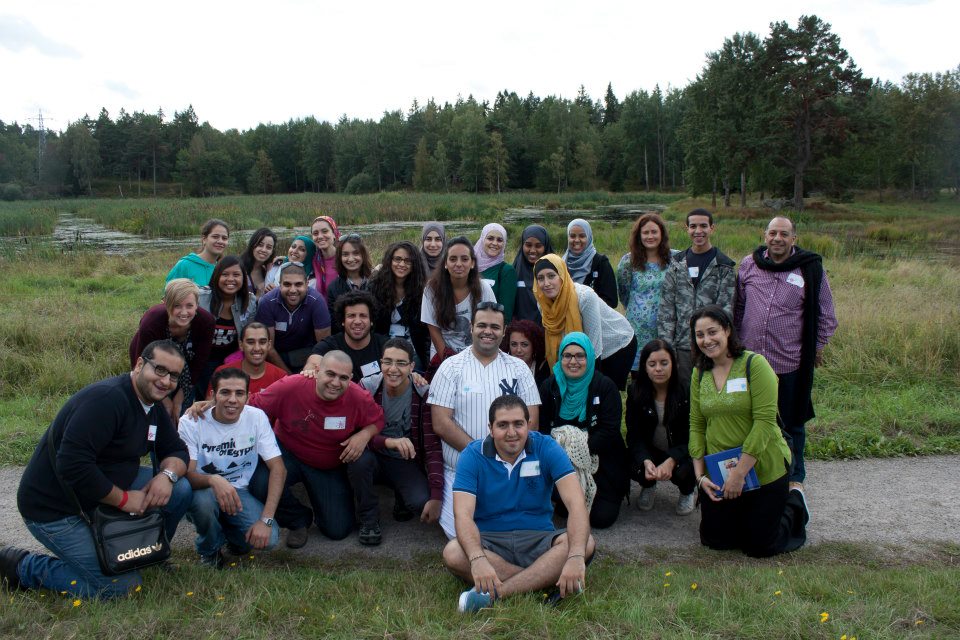Egypt’s President Abdel Fattah Al-Sisi revealed, on Saturday, that Egypt needs EGP 3trn-EGP 4trn to solve the problem of unplanned buildings, adding that unplanned construction makes up 40%-50% of the country’s housing.
In a televised interview on Saturday, Al-Sisi explained that Alexandria Governorate, alone, needs about EGP 400bn to solve its problem of unplanned buildings.
He highlighted that unplanned building is a major problem in Egypt, and stressed that the state’s previous absence in terms of checks and balances caused the increase in slums and informal settlements. He also noted that there is a need for cooperation between the government and citizens, in order to stop the problem of random construction from escalating.
The President said that the Egyptian state is currently able to create one million housing units per year, with the plan to establish 24 new cities across Egypt aims to solve the unplanned building phenomenon.
Al-Sisi also confirmed that there is a mandate to implement 500,000 housing units in various governorates, especially those without a desert backing. He added that Egypt had allocated about EGP 500bn to the national project to develop 4,500 villages nationwide.
He said that the issue of family planning and population growth is one of Egypt’s top priorities, and that the state is trying to address this problem by providing the required housing units. He also called for a well-planned and researched intervention to educate society about the dangers of population growth.
The President indicated that the concerted efforts of the state and citizens have become necessary to eliminate the problem of overpopulation.
Commenting on the latest development in Libya, the President said that Egypt is keen on achieving peace and stability in the neighbouring country. At the same time, he said that Egypt will support the Libyan interim government after it gains approval from the Libyan parliament.
Al-Sisi expressed Egypt’s readiness to deal with the transitional government that would lead Libya through elections later this year. He said that the appointment of the interim government on Thursday, which includes a three-member Presidential Council and a prime minister, was “a step in the right direction”.
“We are keen that each move we make aims to build peace, prosperity, and maintain stability in a region that has suffered a very great shock in the past 20 years,” President Al-Sisi added.
On Saturday, Libya embarked on a new phase of its transition from the era of its former leader Muammar Qaddafi, with the selection of a unity government to lead the country until the 24 December elections. These come following a decade of chaos and multiple rifts in the wake of Qaddafi’s removal from power.
The appointment of an interim government consisting of four new leaders from Libya’s west, east, and south, has been seen as a major step toward unifying the North African nation.
Speaking on the Grand Ethiopian Renaissance Dam (GERD) issue, President Al-Sisi said the negotiations are ongoing, to reach an agreement between the parties involved in the issue. He said that Egypt will reach a result on the GERD issue with patience, and assured Egyptians that there is no need to worry.
Al-Sisi also asserted that Egypt has taken several measures to diversify its water resources, which includes reducing water wastage and recycling it.
He said that Egypt has put into effect a project for lining canals, in order to reduce the volume of water wastage. The President also said that the government has established a treatment plant in Bahr Al-Baqar, which will be inaugurated in June, with investments of EGP 20bn.
The project, which has a capacity of 5.6 cbl per day, aims to treat agricultural, industrial and sanitary drainage water. This will be used for the reclamation and cultivation of about 330,000 feddans of land east of the Suez Canal, in addition to the 70,000 feddan that are currently being cultivated.


